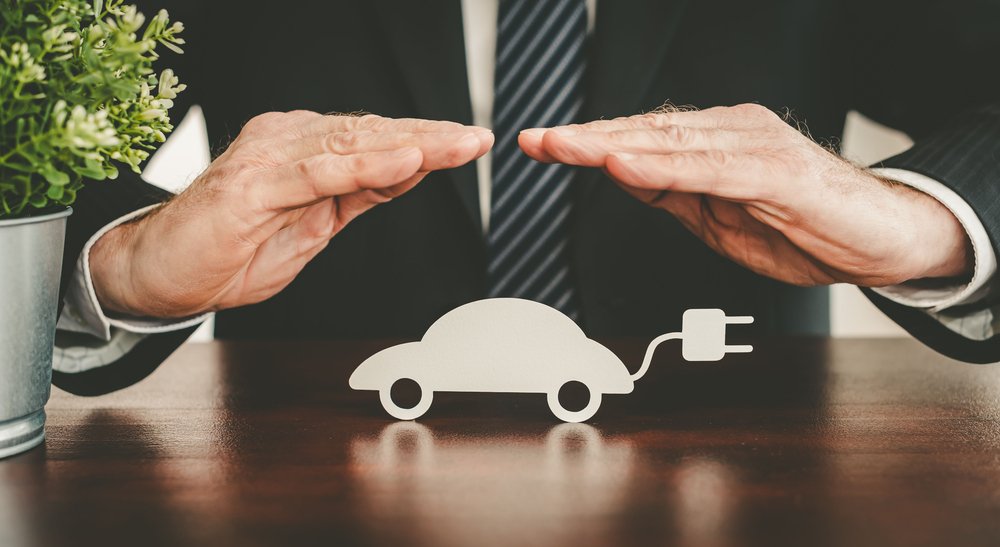
Electric vehicle news has been bleak in early 2024, with reports of a market downturn and OEMs scaling back plans. This might suggest EVs are beyond their hype, but a closer look from IDTechEx might point to a different story.
From 2015 to 2023, electric car sales showed robust growth, even during the COVID-19 pandemic. James Edmondson, research director at IDTechEx, noted that his group’s research found that EV sales have averaged 50 per cent growth annually, with a 38 per cent increase from 2022 to 2023.
The International Energy Agency (IEA) reported a 20 per cent decrease in EV sales in Q1 2024 compared to Q4 2023, but this is part of a consistent trend of lower Q1 sales each year.
Notably, Q1 sales have increased year-on-year, with a 30 per cent rise in Q1 2024 compared to Q1 2023. Electric car sales have also increased in all regions compared to the same period last year.
While EV sales growth has slowed, this is expected as the market matures, Edmonson pointed out.
“It is not possible to have exponential growth forever; the sales of EVs are growing into an existing (and limited) automotive market,” he said.
Despite strong growth, media reports often highlight the downturn, making failure seem more newsworthy than continued success, Edmonson observed. Some production and component scalebacks are due to overinvestment and slower-than-expected growth rates, coupled with automakers striving to make their EV platforms more profitable.
That said, he pointed out that legitimate concerns remain about further EV adoption. One major limitation is the lack of affordable EV models. Although some EVs are available at or below the average car price, electric versions are often more expensive than their combustion counterparts, with few options below $35,000 in western markets.
Charging infrastructure also plays a critical role in consumer adoption, Edmonson noted. Most EV owners charge at home overnight, but the sight of closed public chargers can be off-putting. Innovations like chargers in lamp posts and parking garages are emerging, but widespread adoption depends on housing providers, authorities, and charging network providers to install and maintain these systems. Consumers without access to a driveway or garage face significant hurdles and are more likely to need lower-priced vehicles, which are still scarce, he said.
“Despite the above concerns, EV sales continue to grow, and impending combustion engine bans are unlikely to be pushed further back,” Edmonson explained. “Demand is still present, but lower upfront cost models need to be available to fully address the automotive market’s potential.”



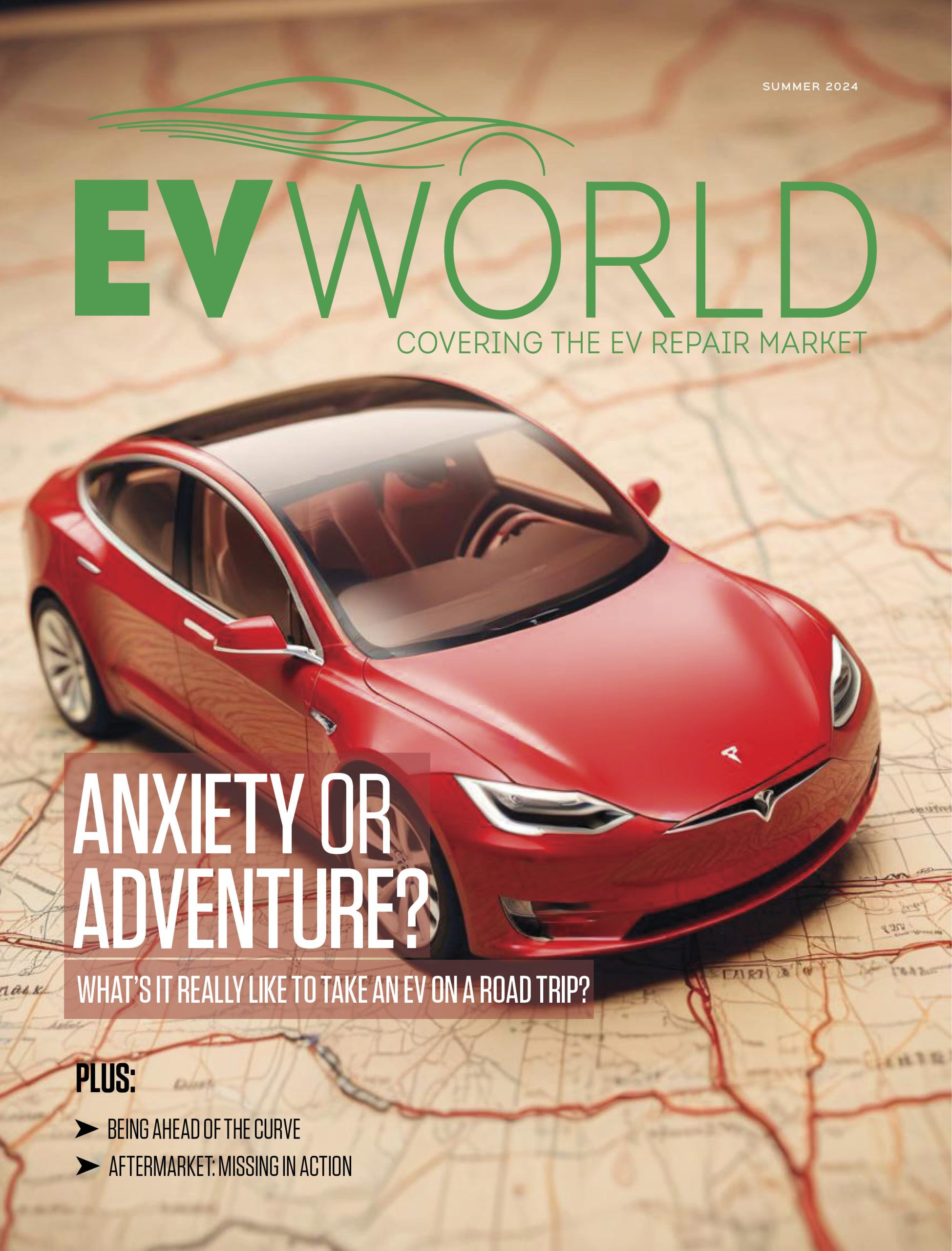




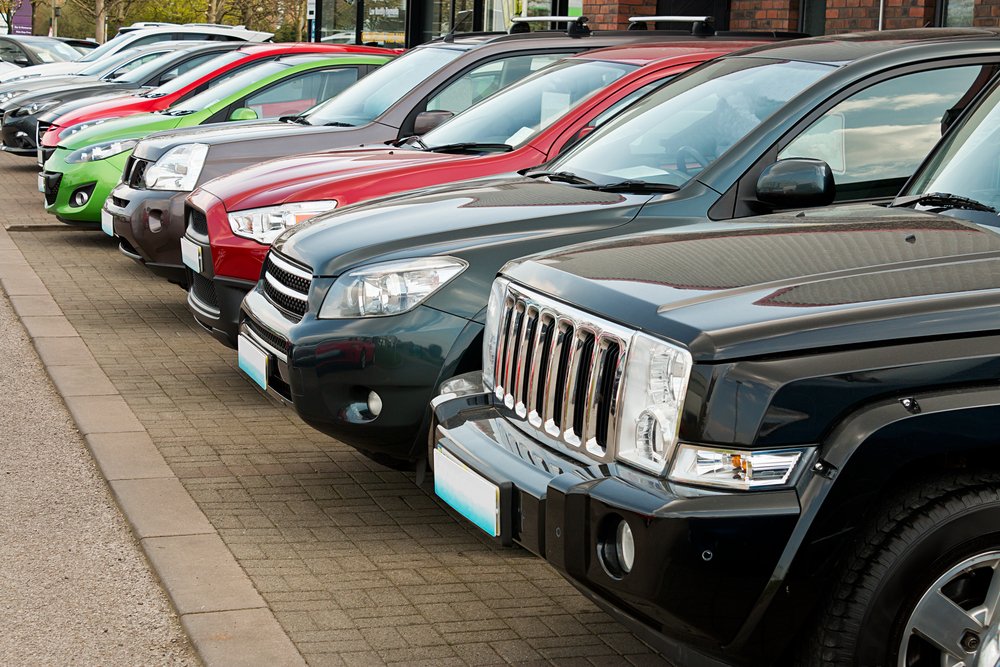
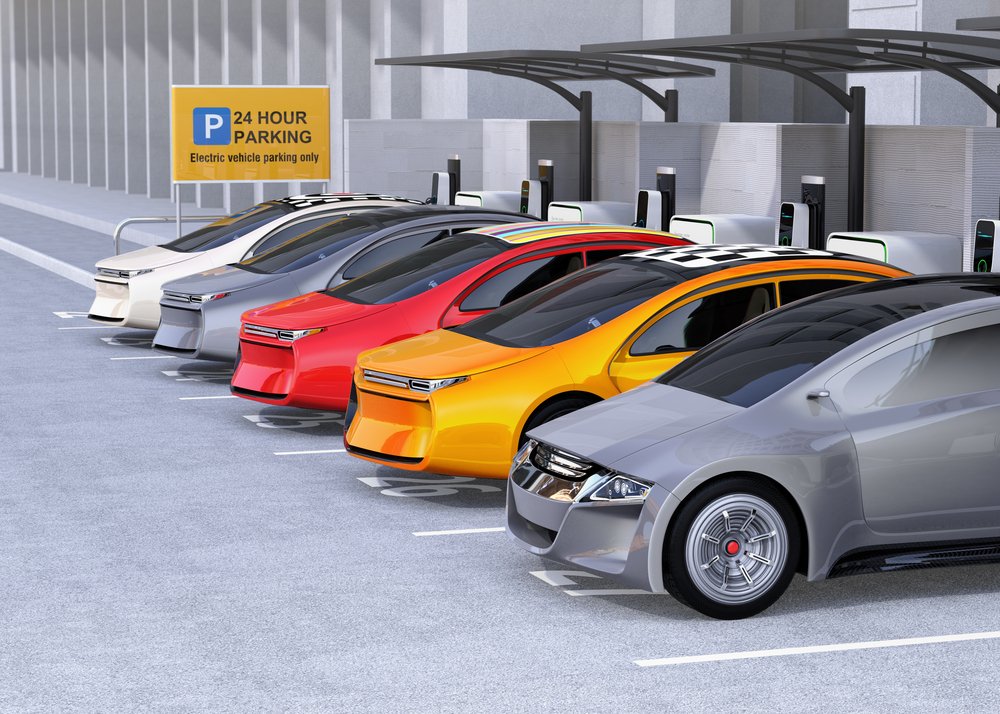

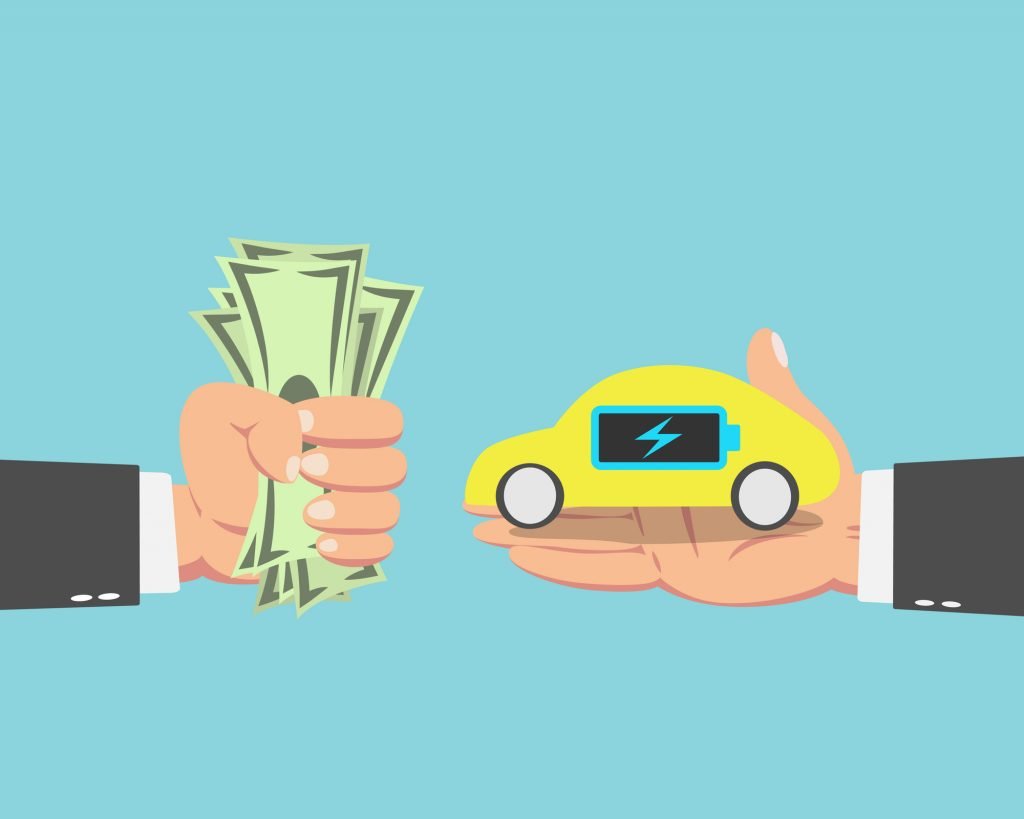
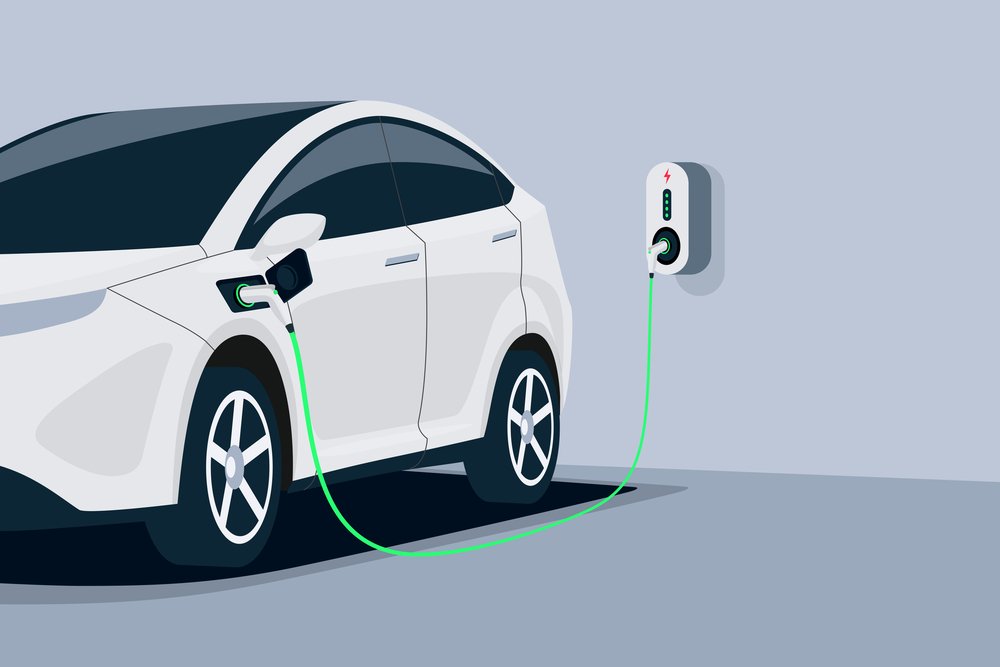
Leave a Reply